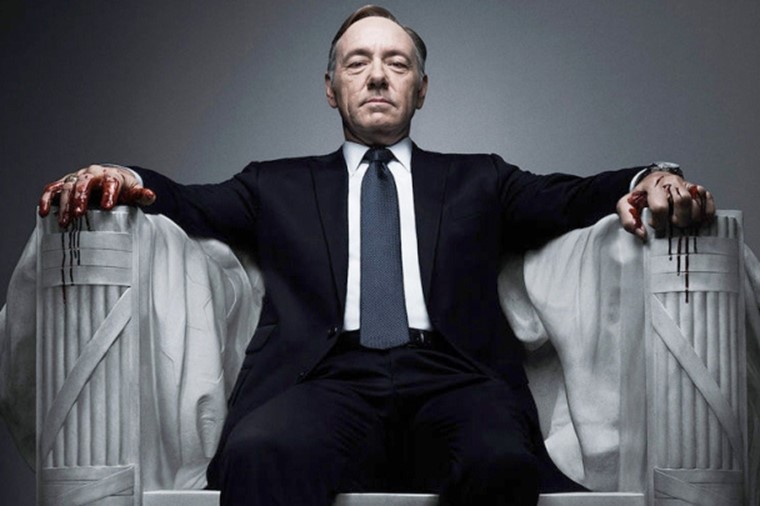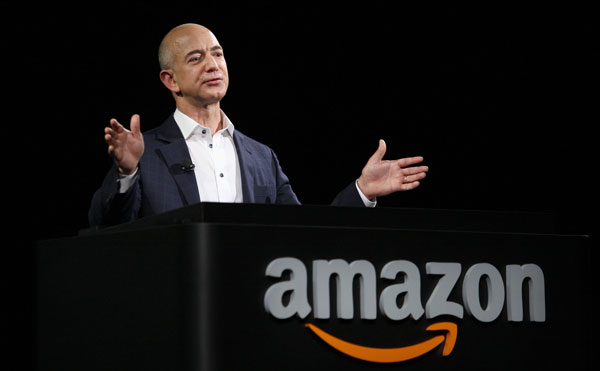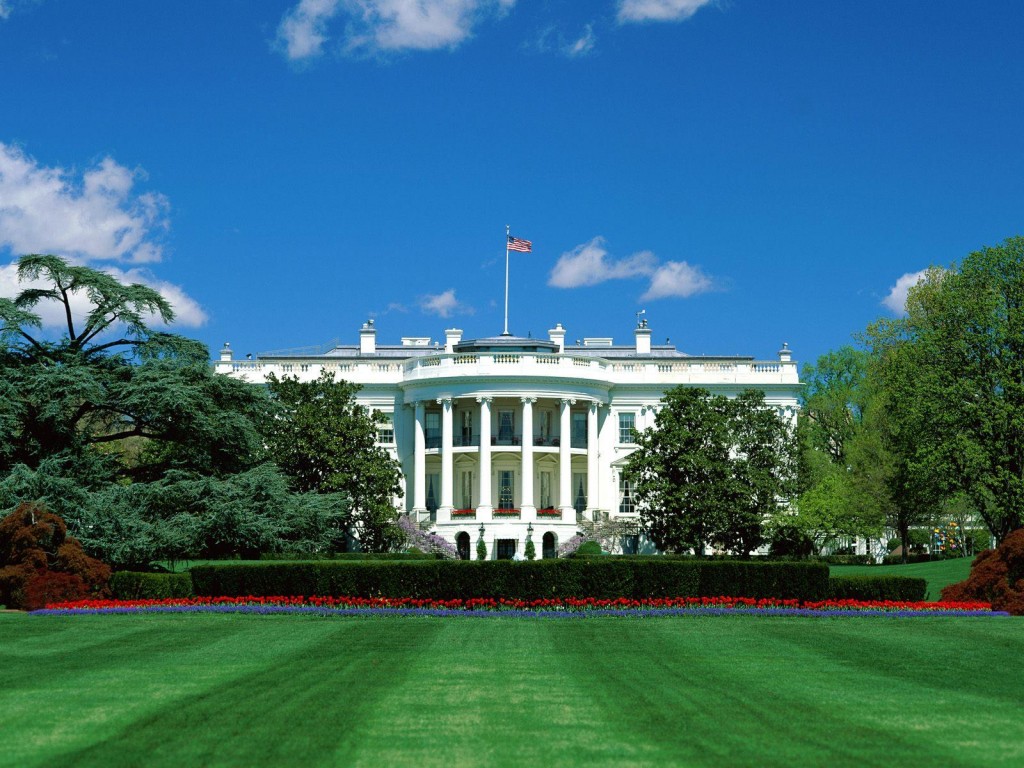The Secret Of Pret A Manger
February 2, 2013 in Daily Bulletin

Pret A Manger is a UK based chain that has seen immense growth and success in the United States. Timothy Noah revealed one of the secrets behind this achievement:
- Employees of Pret A Manger are expected to genuinely enjoy and be excited about their work…or at least to pretend to. This is why the attendants at Pret always seem to have an infectious good mood.
- The parent company enforces this policy by sending a mystery shopper to each outlet once a week. If the mystery shopper gets the kind of treatment that Pret expects then the entire staff get a bonus. If not then nobody in that outlet gets a bonus that week.
- This type of emotional labour isn’t new. After all prostitutes have been faking emotions and affection for centuries.
- It is, however, something that more and more companies are requiring. Which is a pity for men since women are better at it. This might explain why the recent downturn in the economy disproportionately hurt men.
Read more about this emotional labour, Pret’s rationale for opposing unions, and Noah’s thoughts about the entire concept over here.
Source: New Republic








Join the Discussion! (No Signup Required)